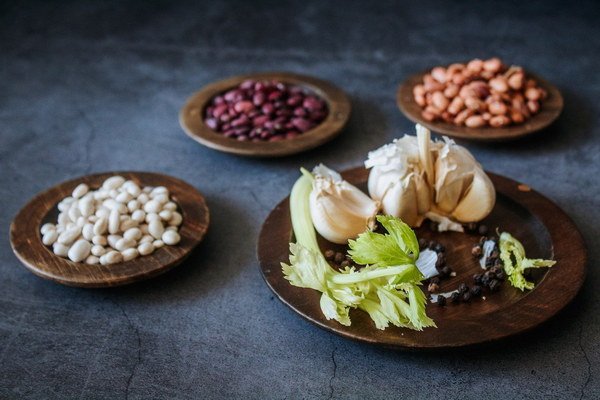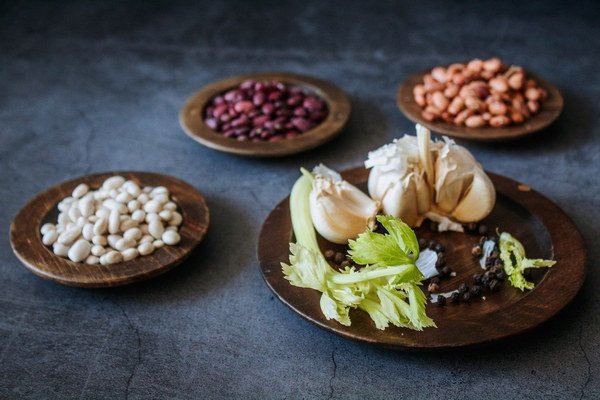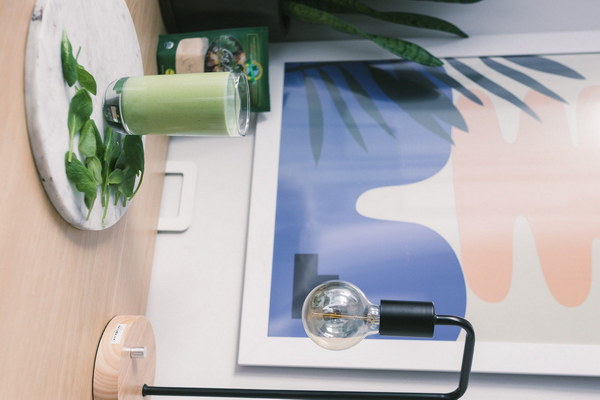Aloe Vera A Healing Plant with Benefits and Drawbacks for Body Care
Aloe vera, often referred to as the miracle plant, has been used for centuries for its numerous health benefits. Known for its soothing properties, aloe vera has gained popularity as a key ingredient in body care products. However, like any natural remedy, it comes with its benefits and drawbacks. Let's delve into the advantages and disadvantages of using aloe vera for body care.

Benefits of Aloe Vera for Body Care:
1. Soothing Properties: Aloe vera is renowned for its cooling and soothing effects on the skin. It can alleviate skin irritations, sunburns, and minor burns, making it an excellent choice for after-sun care.
2. Hydration: Aloe vera contains a high concentration of water, making it an excellent moisturizer. It can help maintain the skin's hydration levels, leaving it soft and supple.
3. Anti-inflammatory: The plant contains compounds like salicylic acid, which have anti-inflammatory properties. This can help reduce redness, swelling, and discomfort associated with skin conditions like eczema and psoriasis.
4. Antioxidant Protection: Aloe vera contains antioxidants such as vitamin E and beta-carotene, which can protect the skin from free radicals and environmental damage.
5. Healing Properties: Aloe vera has been shown to promote wound healing and reduce scars. Its natural antibacterial and antifungal properties can help prevent infections and speed up the healing process.
6. Anti-aging: The plant's antioxidants and hydrating properties can help reduce the appearance of fine lines and wrinkles, promoting a youthful appearance.
7. Hair Care: Aloe vera can be used as a natural hair conditioner, leaving the hair soft, shiny, and manageable.
Drawbacks of Aloe Vera for Body Care:
1. Allergic Reactions: Some individuals may have an allergic reaction to aloe vera, resulting in redness, itching, and irritation. It's essential to patch-test the product on a small area of the skin before using it on a larger scale.
2. Overuse: While aloe vera is generally safe, overuse can lead to skin dryness or irritation. It's essential to use it in moderation and consult a dermatologist if you have sensitive skin.
3. Quality Concerns: The effectiveness of aloe vera products can vary depending on the quality of the plant used. Some products may contain synthetic ingredients or may have been processed in a way that reduces their benefits.
4. Sun Protection: Aloe vera does not offer sun protection, so it should not be used as a substitute for sunscreen. It's crucial to protect your skin from harmful UV rays to prevent skin cancer and premature aging.
5. Interaction with Medications: Aloe vera can interact with certain medications, such as blood thinners, diabetes drugs, and heart medications. It's important to consult a healthcare professional before using aloe vera products if you are taking any medication.
In conclusion, aloe vera is a versatile and beneficial plant for body care. Its soothing, hydrating, and healing properties make it an excellent choice for maintaining healthy, radiant skin. However, it's important to be aware of the potential drawbacks, such as allergic reactions and interactions with medications, to ensure safe and effective use. Always consult a dermatologist or healthcare professional before incorporating aloe vera products into your routine.









